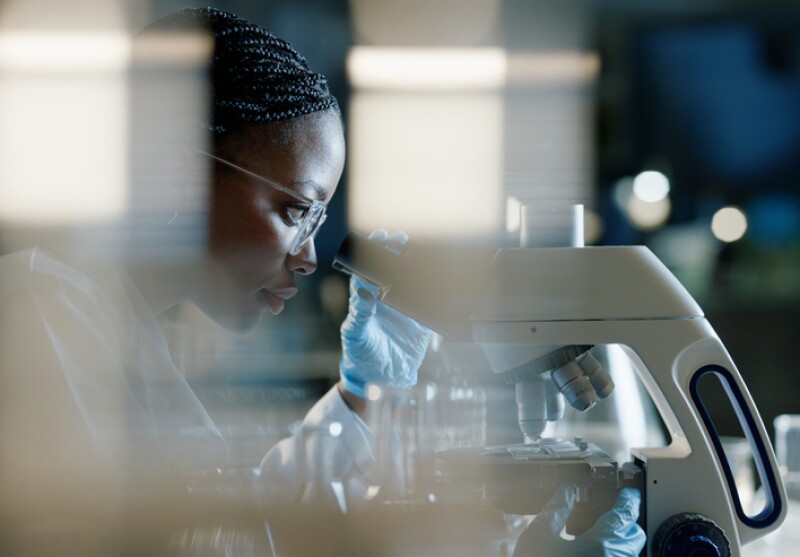Researchers at Washington University in St. Louis, Missouri, led by the university’s McKelvey School of Engineering Professor Xinhua Liang, are working to improve the energy efficiency of dimethyl ether (DME) production with a $2.1 million grant from the US Department of Energy. DME, commonly used as a refrigerant, is a valuable intermediate chemical that can also serve as a cleaner alternative to diesel fuel due to its efficient combustion and low emissions.
Liang’s team, in collaboration with the National Renewable Energy Laboratory and BASF, aims to develop a more energy-efficient method to convert waste gases like CO2 and methane into DME. Using electrified induction heating, they will localize heat only where necessary for the thermocatalytic process, reducing energy consumption. The research aligns with broader carbon management efforts, including Liang’s previous projects on converting CO2 into alternative cement and carbon nanotubes.
Over the next 3 years, the team aims to develop a prototype system to make bio-based DME production more affordable and scalable.

